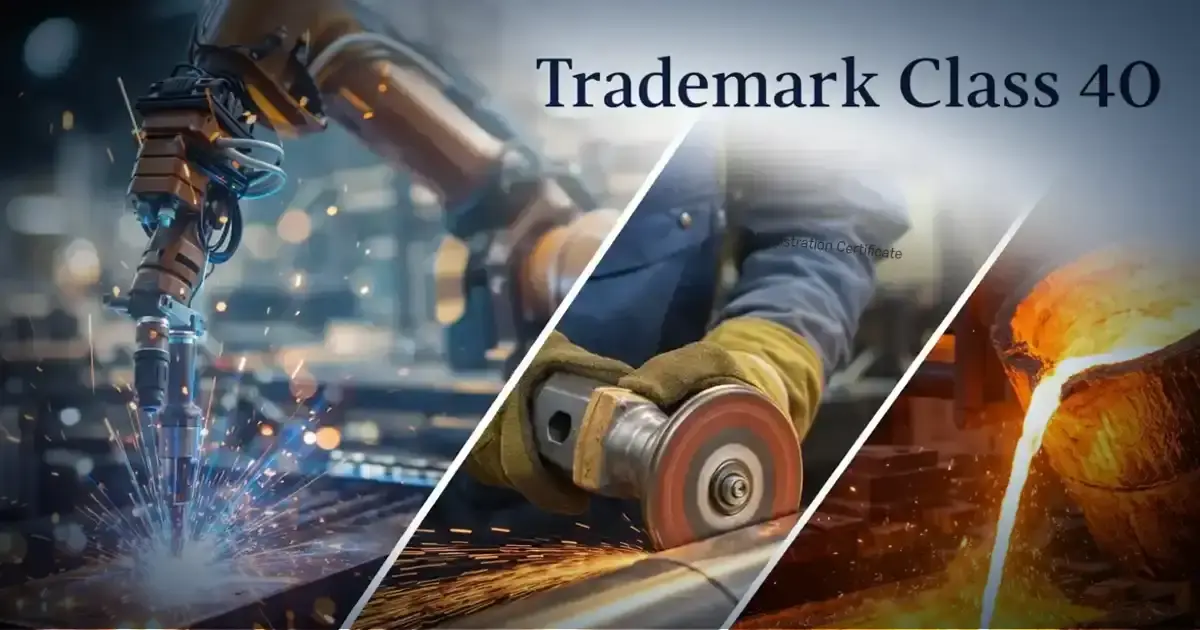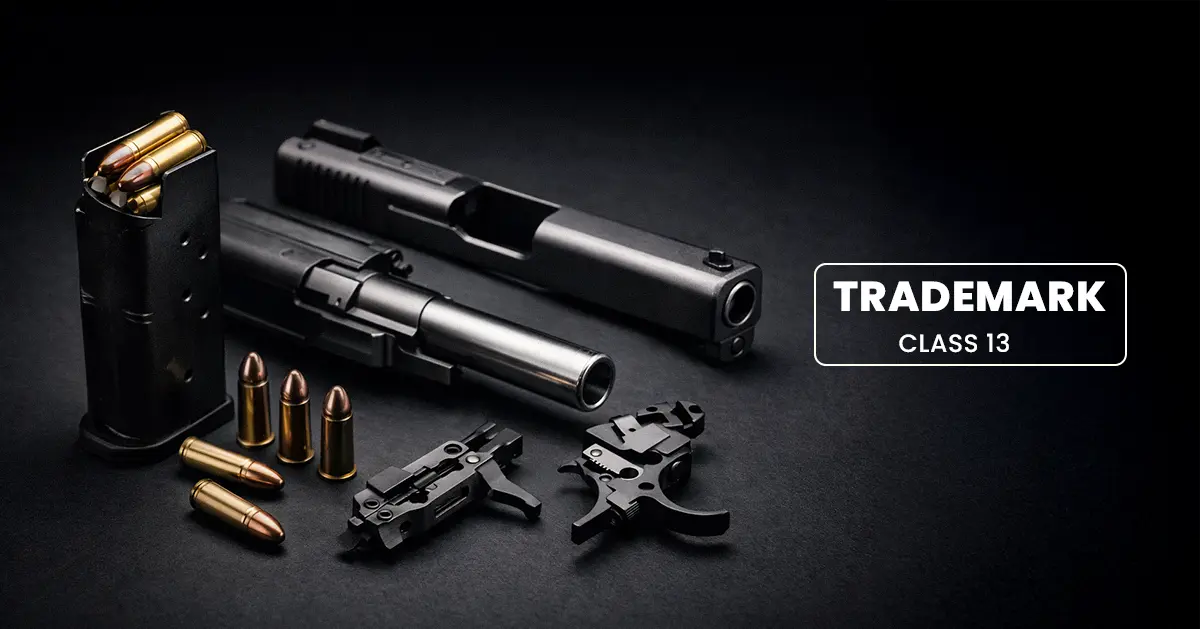
Introduction
Electrical motors are an essential part of various industrial and domestic applications, providing power to machinery, appliances, and equipment. To ensure efficiency, safety, and reliability, compliance with BIS ISI certification for Electrical Motors is mandatory. The BIS ISI certification process ensures that electrical motors adhere to defined electrical standards and compliance requirements.
The need for BIS ISI certification for Electrical Motors arises due to the increasing demand for energy-efficient and high-performance motors. Non-certified motors can pose significant risks, such as electrical failures, overheating, and safety hazards. By obtaining BIS ISI certification, manufacturers ensure that their products meet national quality norms, reducing the chances of failures and improving performance. The electrical industry is constantly evolving, and electrical motors play a critical role in various industrial and commercial applications. However, the increasing demand for energy-efficient and high-performance motors has led to strict regulatory requirements. The BIS ISI certification for Electrical Motors ensures that motors meet the highest electrical standards, guaranteeing safety, energy efficiency, and durability. Whether you are a manufacturer looking to get certified or a business seeking quality motors, understanding the BIS ISI certification process is essential.
What is BIS ISI Certification for Electrical Motors?
The BIS ISI certification in India is a quality authorisation issued by the Bureau of Indian Standards (BIS) under the Indian Standards (IS) framework. It validates that electrical motors meet the required electrical standards, ensuring optimal efficiency, safety, and performance.
The ISI mark on electrical motors signifies compliance with IS 12615:2018, which covers high-efficiency motors. This certification is helps in maintaining product consistency, reducing power losses, and improving reliability in industrial and household applications.
Why is BIS ISI Certification for Electrical Motors Required?
The BIS ISI certification in India is necessary due to the following reasons:
- Ensures Safety – Reduces risks of overheating, electrical failures, and fire hazards.
- Regulatory Compliance – Mandatory certification as per government norms for certain categories of electrical motors.
- Energy Efficiency – Certified motors consume less power and enhance productivity.
- Market Acceptance – Customers and businesses prefer ISI-marked motors for reliability and durability.
- Legal Requirement – Selling non-certified electrical motors can result in penalties and bans.
Ensure Compliance with BIS ISI for Electrical Motors! Contact RegisterKaro Today for seamless certification support.
Key Electrical Standards for BIS ISI for Electrical Motors
The BIS ISI Certification for Electrical Motors ensures compliance with specific electrical standards, which include:
- IS 12615:2018 – Energy-Efficient Induction Motors
- Defines efficiency levels for electrical motors.
- Ensures compliance with energy-saving regulations.
- IS 325:2020 – Three-Phase Induction Motors
- Covers design, performance, and safety requirements.
- Defines insulation and thermal standards.
- IS 15999:2011 – Electrical Rotating Machines
- Focuses on electrical performance, noise control, and mechanical structure.
By adhering to these electrical standards, manufacturers can ensure that their electrical motors meet performance and safety expectations.
Eligibility Criteria for BIS ISI for Electrical Motors
To apply for BIS ISI certification in India, manufacturers must:
- Have a registered manufacturing unit in India.
- Follow the relevant electrical standards for electrical motors.
- Maintain an in-house testing facility or collaborate with BIS-recognized labs.
- Implement quality control procedures as per BIS guidelines.
Documents Required for BIS ISI Certification for Electrical Motors
To obtain BIS ISI for Electrical Motors, the following documents must be submitted:
- Company Registration Certificate
- Manufacturing Unit Details
- Test Reports from BIS-Approved Labs
- Quality Control System Documents
- Declaration of Conformity to electrical standards
- Application Form (Form V)
Struggling with Documentation? Let RegisterKaro handle the paperwork for a hassle-free BIS ISI certification process. Book a Consultation Now!
BIS ISI Certification Process for Electrical Motors
The BIS ISI certification in India ensures that the products meet the safety, quality, and performance standards set by the Bureau of Indian Standards, offering consumers reliable and certified products.
Step 1: Application Submission
Manufacturers must submit an online application along with the necessary documents.
Step 2: Factory Inspection
BIS officials conduct an on-site inspection to ensure adherence to BIS ISI for Electrical Motors.
Step 3: Sample Testing
Product samples are sent to BIS-approved laboratories for testing.
Step 4: Certification Grant
Upon successful verification, the manufacturer is granted BIS ISI certification.
Step 5: Surveillance & Renewal
Periodic inspections and testing are conducted to ensure continued compliance.
Fast-Track Your BIS ISI Certification for Electrical Motors! Our experts at RegisterKaro ensure a smooth process from start to finish.
Benefits of BIS ISI for Electrical Motors
BIS ISI certification for electrical motors ensures compliance with Indian safety and quality standards, enhancing the product’s reliability and performance. It also boosts consumer trust and market competitiveness by guaranteeing that the motors meet rigorous regulatory requirements, as follows:
- Consumer Trust – Certification guarantees product quality and reliability.
- Legal Compliance – Avoid legal issues and market bans.
- Competitive Advantage – Gain an edge over non-certified manufacturers.
- Energy Efficiency – Meet regulatory energy-saving requirements.
- Wider Market Access – ISI-certified electrical motors are preferred by government and industrial buyers.
Challenges in Obtaining BIS ISI Certification for Electrical Motors
Obtaining BIS ISI certification for electrical motors can be challenging due to the stringent testing and compliance requirements set by the Bureau of Indian Standards, as follows:
- Strict Testing Norms – Compliance with electrical standards requires rigorous testing.
- Time-Consuming Process – Testing, factory inspections, and approvals can take months.
- Compliance Costs – Ensuring BIS ISI compliance involves financial investment.
- Regular Audits – Manufacturers must maintain consistent quality.
Cost of BIS ISI Certification for Electrical Motors
The cost of obtaining BIS ISI for Electrical Motors varies based on:
- Application Fees: ₹25,000 – ₹50,000
- Testing Fees: ₹50,000 – ₹1,50,000 (depending on motor type)
- Inspection & Audit Fees: ₹30,000 – ₹70,000
- Annual License Fee: ₹50,000 – ₹1,00,000
How to Maintain BIS ISI Certification for Electrical Motors
To maintain BIS ISI certification in India, regular quality checks, compliance with updated standards, and periodic re-testing are required to ensure continued certification.
- Regular Quality Checks – Conduct internal and third-party testing.
- Stay Updated on Standards – Ensure ongoing electrical standards compliance.
- Participate in Audits – Keep up with periodic BIS inspections.
- Maintain Documentation – Store test reports and compliance records.
- Train Staff – Educate employees on certification requirements.
Conclusion
The BIS ISI for Electrical Motors is crucial for ensuring safety, efficiency, and compliance with electrical standards. Manufacturers who obtain BIS ISI certification gain credibility, meet regulatory norms, and enhance their market presence. By following the proper procedures and maintaining strict compliance, businesses can successfully obtain and retain certification. In today’s competitive market, obtaining BIS ISI for Electrical Motors is more than just a regulatory requirement—it is a mark of quality and reliability. Certified electrical motors provide better performance, energy efficiency, and long-term durability while ensuring compliance with government regulations. As industries continue to prioritize safety and efficiency, BIS certification remains a crucial factor for market acceptance.
For expert assistance in obtaining BIS ISI for Electrical Motors, contact RegisterKaro today! Our team provides end-to-end certification support, ensuring a smooth and hassle-free process.
Frequently Asked Questions
A: BIS ISI certification ensures that electrical motors comply with Indian electrical standards for efficiency, safety, and quality, making them suitable for industrial and commercial use.




